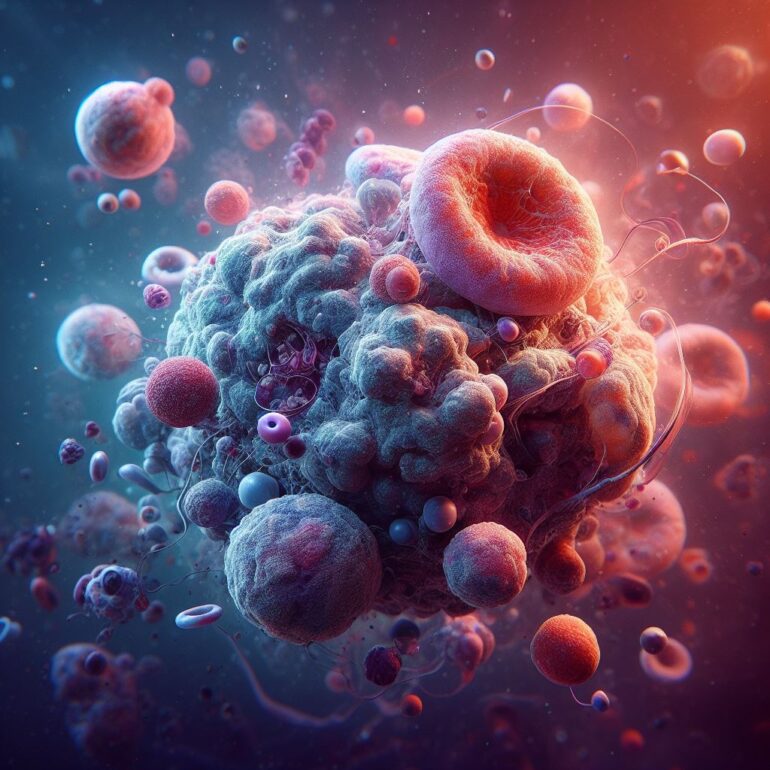- A recent study in JAMA Network Open assesses ChatGPT’s efficacy in radiation oncology patient care.
- ChatGPT demonstrates competency comparable to that of human experts in addressing common care questions.
- AI-driven platforms like ChatGPT hold promise in providing accurate and comprehensive responses to radiation treatment queries.
- The readability of ChatGPT’s responses is slightly higher than expert answers, emphasizing the need for ongoing refinement.
- The study highlights the importance of monitoring and updating AI-driven solutions to ensure accuracy and patient safety.
Main AI News:
In today’s dynamic healthcare landscape, the integration of artificial intelligence (AI) tools has become increasingly prevalent, aiming to enhance patient care and streamline clinical processes. Among these innovations, ChatGPT emerges as a promising resource for radiation oncology patients, offering insights and responses to queries with minimal risk of inaccuracies or biases. A recent study, published in the esteemed JAMA Network Open on April 2, sheds light on the potential of ChatGPT to revolutionize patient engagement and support within the field of radiation oncology.
Conducted by clinicians at Northwestern University in Chicago, the study subjected ChatGPT 3.5 to rigorous testing, specifically focusing on its performance in addressing common care questions. Lead author, Dr. Amulya Yalamanchili, along with colleagues, evaluated the chatbot’s responses against those provided by human experts. The findings revealed that ChatGPT exhibited a level of competency comparable to that of experienced professionals, albeit with a slightly elevated readability level.
Moreover, the study underscores the transformative impact of large language model (LLM) chatbots like ChatGPT in the realm of medical inquiries. While these AI-driven platforms have demonstrated proficiency in various facets of healthcare, including interpreting medical tests and simplifying complex radiology reports, their efficacy in delivering accurate and comprehensive responses to radiation treatment queries has remained relatively unexplored.
To address this gap, the researchers meticulously analyzed ChatGPT’s performance across a spectrum of 115 questions sourced from reputable medical websites. These questions encompassed diverse aspects of radiation oncology care, ranging from treatment procedures to potential side effects. Subsequently, a panel comprising radiation oncologists and physicists evaluated the chatbot’s responses, gauging their factual correctness, completeness, and conciseness vis-à-vis expert opinions.
The results yielded compelling insights, indicating ChatGPT’s remarkable proficiency in delivering informative and succinct responses. Impressively, the chatbot matched or exceeded expert answers in the majority of cases, demonstrating its potential as a reliable alternative to conventional online resources. However, the study also highlighted a critical aspect concerning patient safety, wherein one response pertaining to stereotactic radiosurgery (SRS) and stereotactic body radiotherapy (SBRT) raised concerns due to its potential to misinform patients about associated discomfort.
Furthermore, the study emphasized the importance of readability in patient communication, with expert answers exhibiting a lower readability level compared to ChatGPT’s responses. This underscores the need for ongoing refinement and optimization to ensure that AI-driven solutions maintain alignment with patient preferences and comprehension levels.
Conclusion:
The findings underscore the transformative potential of ChatGPT in augmenting clinician-patient interactions within the radiation oncology domain. As LLMs continue to evolve, it becomes imperative to monitor and update these platforms iteratively, ensuring that they uphold the highest standards of accuracy, completeness, and patient safety. Moving forward, further research is warranted to explore the broader implications of integrating ChatGPT into clinical workflows, with a focus on enhancing clinic efficiency and fostering positive patient experiences.

